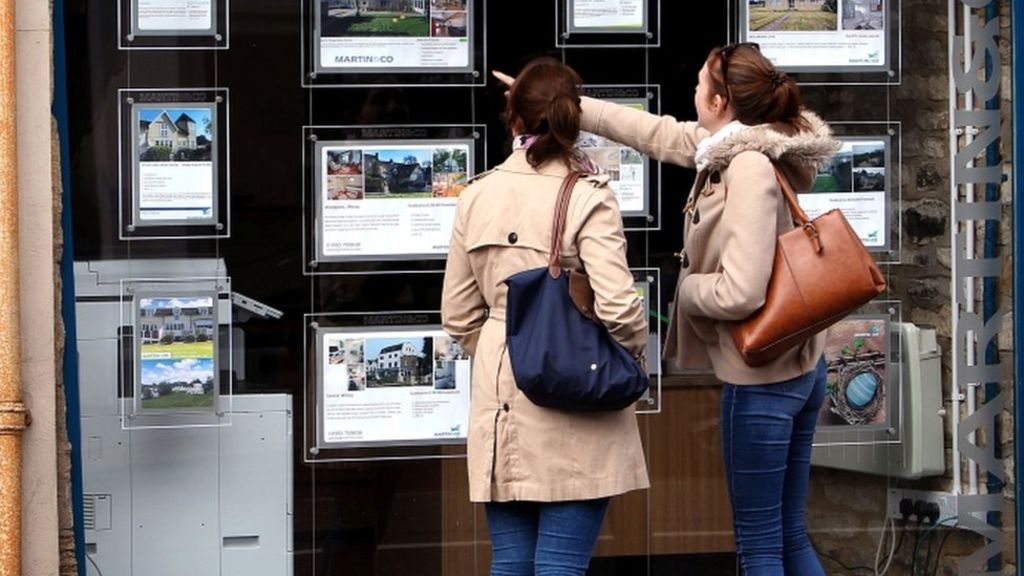Young ‘being ghettoised’ by inner city renting – BBC News

 Image copyright PA
Image copyright PA Young families are being “ghettoised” in inner city areas by the housing crisis while older homeowners become isolated in the suburbs in England and Wales, a think tank says.
The Intergenerational Foundation says the number of areas dominated by over-50s has risen sevenfold since 1991 as young people move into the cities.
It means different generations live increasingly separate lives, it adds.
The government said housebuilding was an “absolute priority”.
The foundation, which aims to protect the rights of younger generations in policy-making, analysed segregation by age in local areas in England and Wales.
It used small-area population estimates from the last three Census years – 1991, 2001, 2011 – plus data from 2014, to investigate how age-segregation has changed over time.
The think tank also considered data from the Office for National Statistics on rural-urban classification from 2011.
It said: “Segregation is usually a consequence of housing-related issues.”
It called for:
- more genuinely affordable homes suitable for the young, and for those wishing to downsize, to be built
- more rental homes to be built, to encourage large-scale institutional landlords
- older homeowners to be encouraged to sub-divide their homes
- building on environmentally poor parts of the green belt
- increase density by building upwards and creating more shared outside spaces.
Angus Hanton, co-founder of the Intergenerational Foundation, said: “We are drifting towards a two-tier society where the young are ghettoised, paying high rents in city centres to older landlords living it up in rural and suburban bliss.”
He said “age segregation” had increased most dramatically among young adults during a period when they had become much more likely to rent housing instead of getting on the property ladder.
This suggested that it was being driven by the problems in the UK housing market, he said.
Developed in partnership with finance firm Legal and General, the report warns that such trends could have consequences for the economy – such as higher unemployment and families struggling to look after each other.
It cites the examples of Cardiff and Brighton, where young people are becoming increasingly concentrated in city centres and are much more likely to become renters rather than owner-occupiers.
It says: “Suburbs and outlying settlements are ageing because young people can’t afford to move to them in the way they once did.
“Meanwhile, the flow of young people towards the big cities, and away from rural areas, appears to be intensifying, threatening to undermine the future viability of rural communities.”
‘Bold steps’
Leeds, Nottingham, Sheffield and Southampton are also identified as age segregation hotspots where more than 30% of young adults, and 25% of retirees, would have to redress the balance across the generations.
Mr Hanton said that now only 5% of people living in the same area as someone over 18 are over 65, compared to 15% in 1991.
This was weakening the bonds between the generations and leads to a lack of understanding of each other, he said.
Nigel Wilson, chief executive of Legal and General, said: “We have created an inter-generationally unfair society.
“We need to take bold steps to reverse the negative trends of the last 30 years.”
The Department for Communities and Local Government said: “Building the homes that communities need is an absolute priority for the government and we have delivered nearly 900,000 since the end of 2009.
“We’ve also set out the largest housebuilding programme since the 1970s, doubling the housing budget so we can build a million extra homes.”
Read more: http://www.bbc.co.uk/news/education-37385292